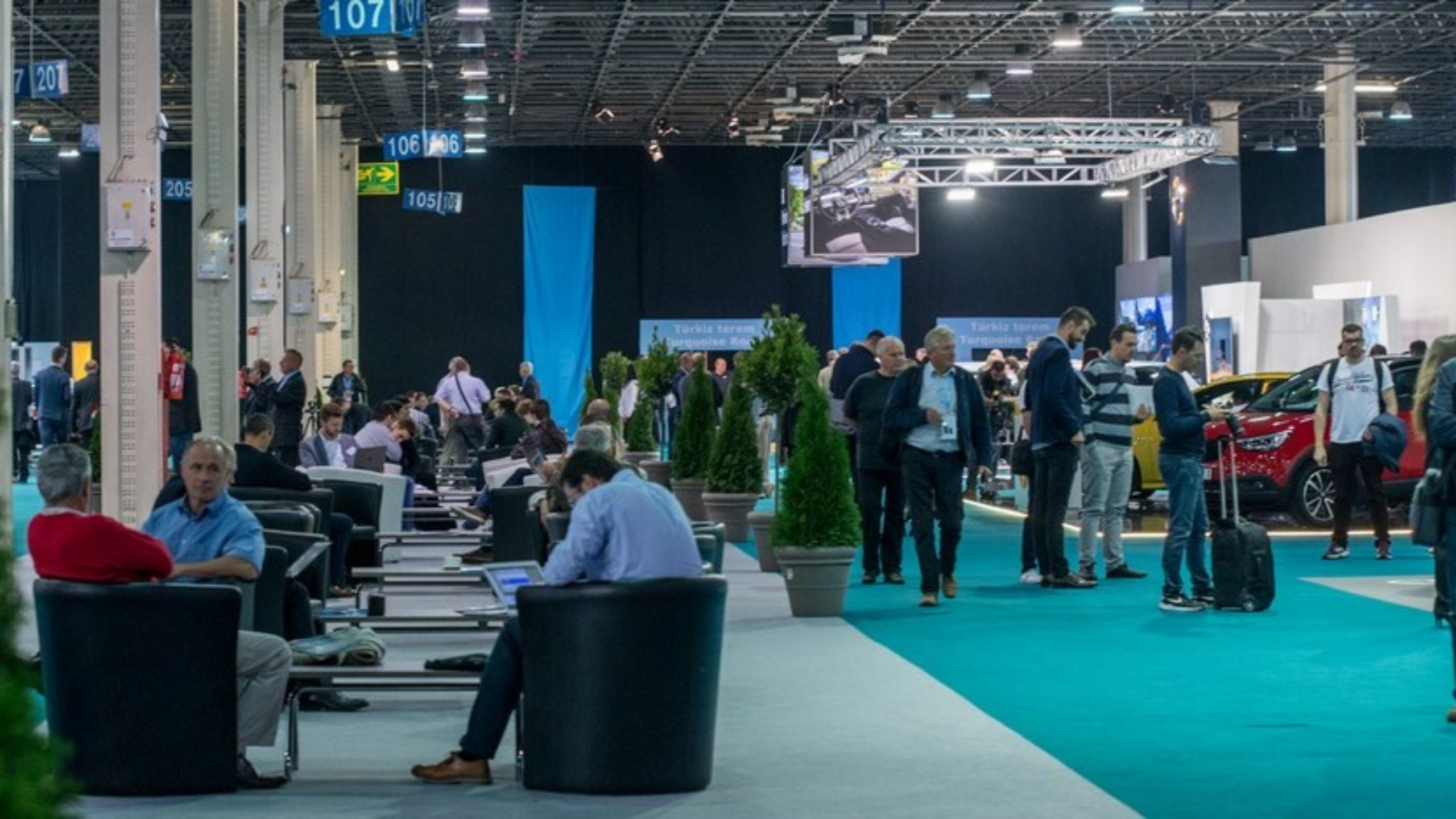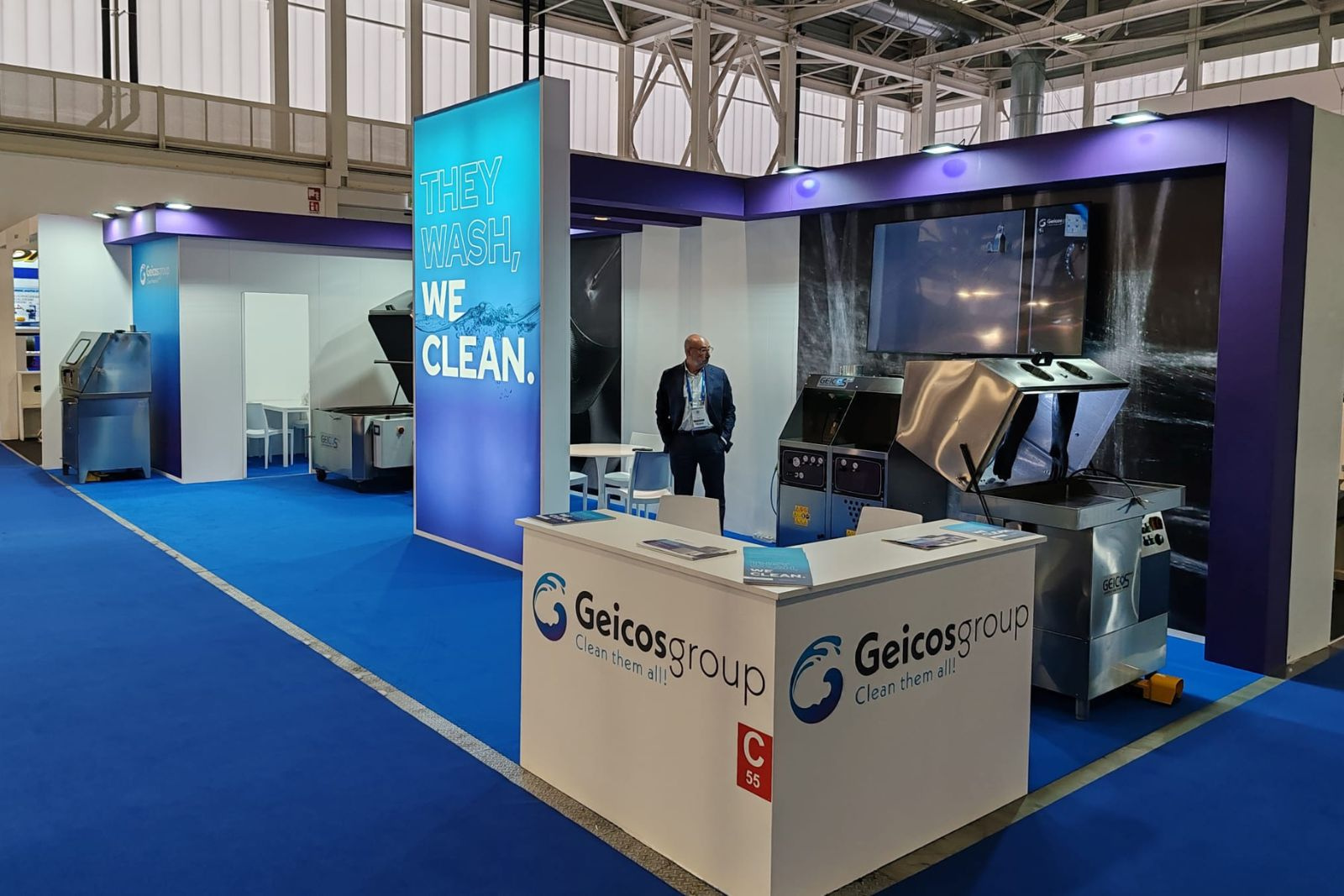What will industrial washing be like in a few years?
A very important question, especially for those who work in highly technological sectors and cannot afford setbacks.
In our work, we see every day how a good washing solution can make a difference, not only for the quality of the process, but also for efficiency and long-term savings. This is why looking to the future means thinking about technologies that are truly useful: simple to use, integrated, intelligent.
Automation, sustainability and digitalization are no longer trends to be observed from afar: they are already changing the way companies approach industrial washing. In this article we analyze the main drivers of innovation and what they concretely mean for companies that want to remain competitive, today and tomorrow.
Automation: Towards Smarter and Faster Cycles
The direction is clear: industrial washing systems are becoming increasingly smart.
The global industrial automation market is expected to reach 395 billion dollars by 2029, with an annual growth of +9.3% (Source: Fortune Business Insights, 2024).
.png?width=748&height=499&name=Articolo%20Geicos%20(2).png)
What does it mean for companies?
- Reduction of downtime thanks to the intelligent management of cycle phases;
- Elimination of manual errors, improving quality and safety;
- Remote control with digital interfaces, to monitor temperature, pressure, water level and filter status;
- Predictive maintenance, thanks to sensors that report anomalies before they become problems.
Do you want to see a concrete application? Discover our case study on Power Trolley: efficient production system.
Sustainability: more than a value, a requirement
Sustainability is not just an ethical choice. It is a competitive advantage. In industrial washing, sustainability means designing systems that consume less, pollute less and last longer.
According to the McKinsey & Company report “The ESG premium: New perspectives on value and performance”, companies that integrate ESG priorities into their operations obtain concrete benefits in terms of risk management, cost reduction and competitive differentiation.
A trend also confirmed by the Deloitte 2024 CxO Sustainability Report which involved over 2,100 executives in 27 countries: 85% have increased investments in sustainability in the last year, 70% expect that climate change will have a significant impact on corporate strategies and operations in the next three years, and 45% are actively transforming their business model to address climate and sustainability challenges centrally in the organization's strategy.
- Recovery and reuse of waste water, reducing water consumption;
- Ecological detergents, water-based and VOC-free, safer for operators and the environment;
- Systems certifiable according to CAM, REACH, ISO 14001;
- Long-lasting solutions: stainless steel instead of plastic, less wear and tear and a longer life cycle.
Find out more in the article dedicated to Industrial washing and ESG principles.
.png?width=1600&height=1067&name=Articolo%20Geicos%20(4).png)
Data collection: more control, less waste
Monitor, analyze, improve: data drives change.
With increasingly connected and digitalized systems, real-time collection and analysis of operational information becomes a competitive standard even in industrial washing processes.
Monitoring operational parameters in real time allows for several advantages:
- Predictive analysis of component wear, filter levels and abnormal consumption, to reduce the risk of system downtime;
- Customized KPI dashboards, with immediate visualization of operational indicators (e.g. water used, cycle time, maintenance status);
- Process traceability and simplification of audits, thanks to automatically archived and easily consultable data;
- Preventive maintenance, which replaces reactive maintenance, improving efficiency and reducing unexpected costs.
Personalization: Every process has its own needs
There is no right system for everyone. Every sector, every company has specific needs. This is why Geicos solutions are custom-designed, combining modularity, efficiency and flexibility.
In the automotive sector, for example, it is essential to ensure deep cleaning of complex components such as valves and gearboxes, often with irregular geometries and blind holes.
In the case of surface treatments (painting, sandblasting, pre/post treatment), it is necessary to remove fine residues without damaging the material, often with rapid cycle times and constant uniformity.
When removing chips, for mechanical processes such as turning or stamping, it is essential to eliminate oil and metal waste before subsequent steps, often automated.
Read also the article dedicated to Chip removal: processes and equipment.
The future is already here
Industrial washing is changing rapidly. Companies that want to remain competitive must focus on automation, sustainability, traceability and customized solutions.
At Geicos we design systems designed for the present and the future. Technology, attention to the environment and centrality of customer needs are our daily commitment.
Discover the full range of solutions, visit the Geicos Products section.
.png)




